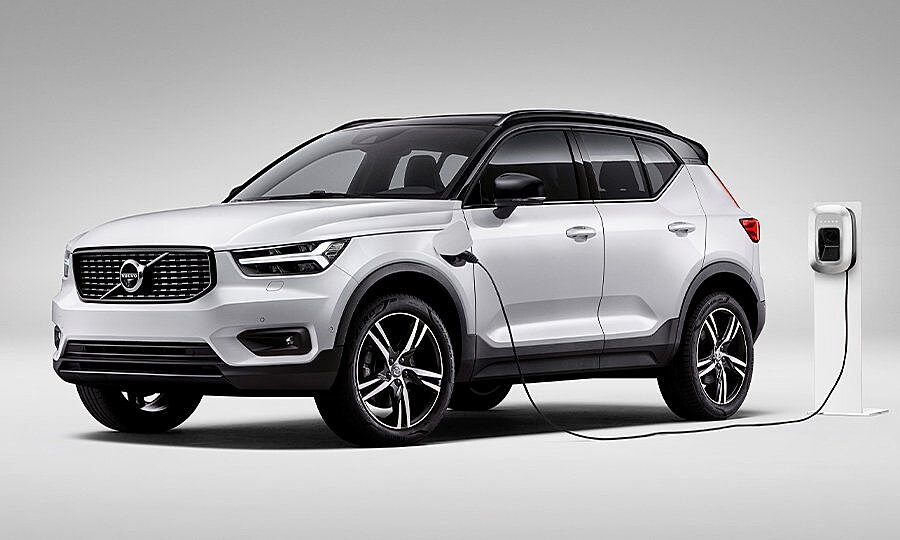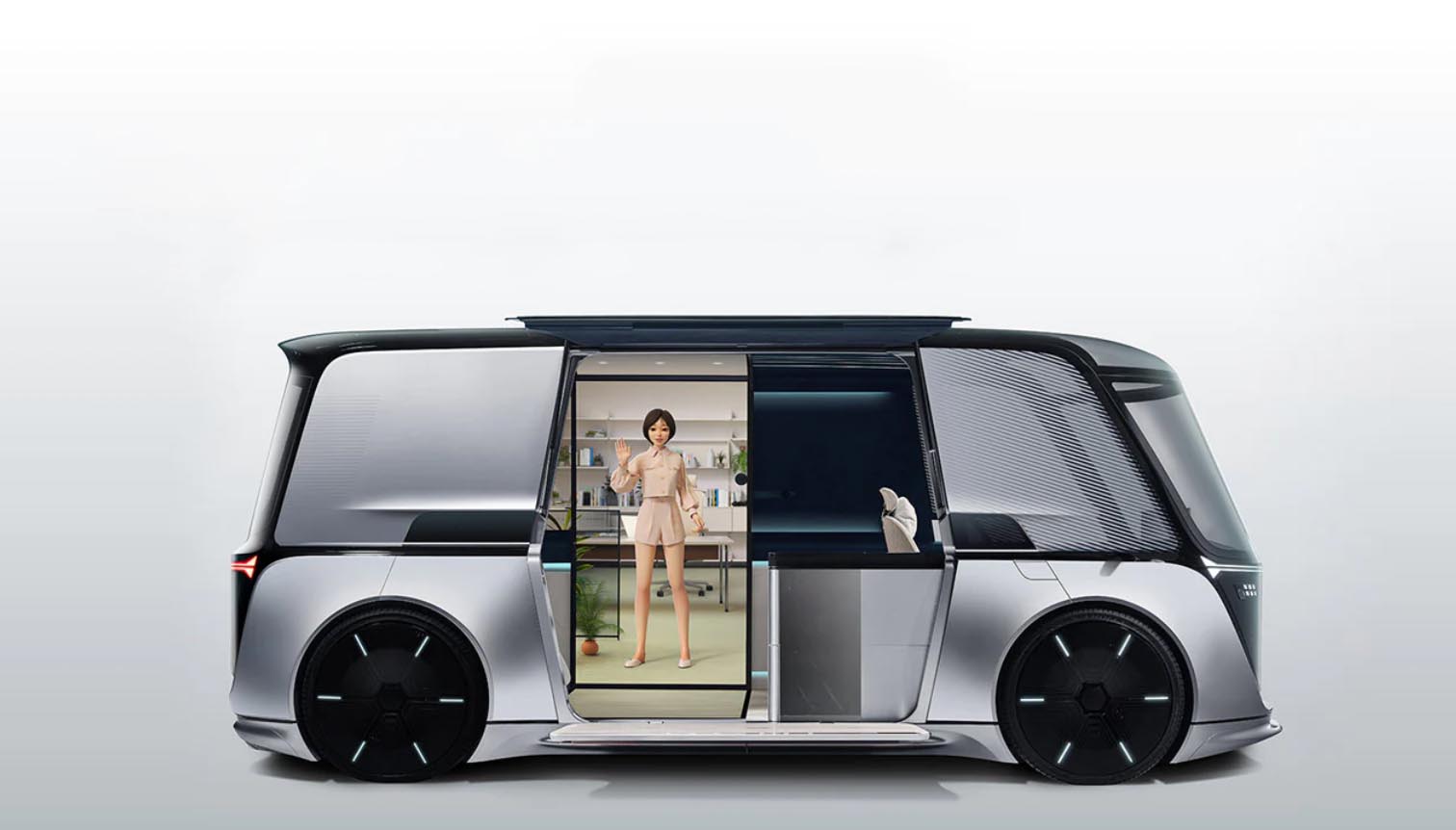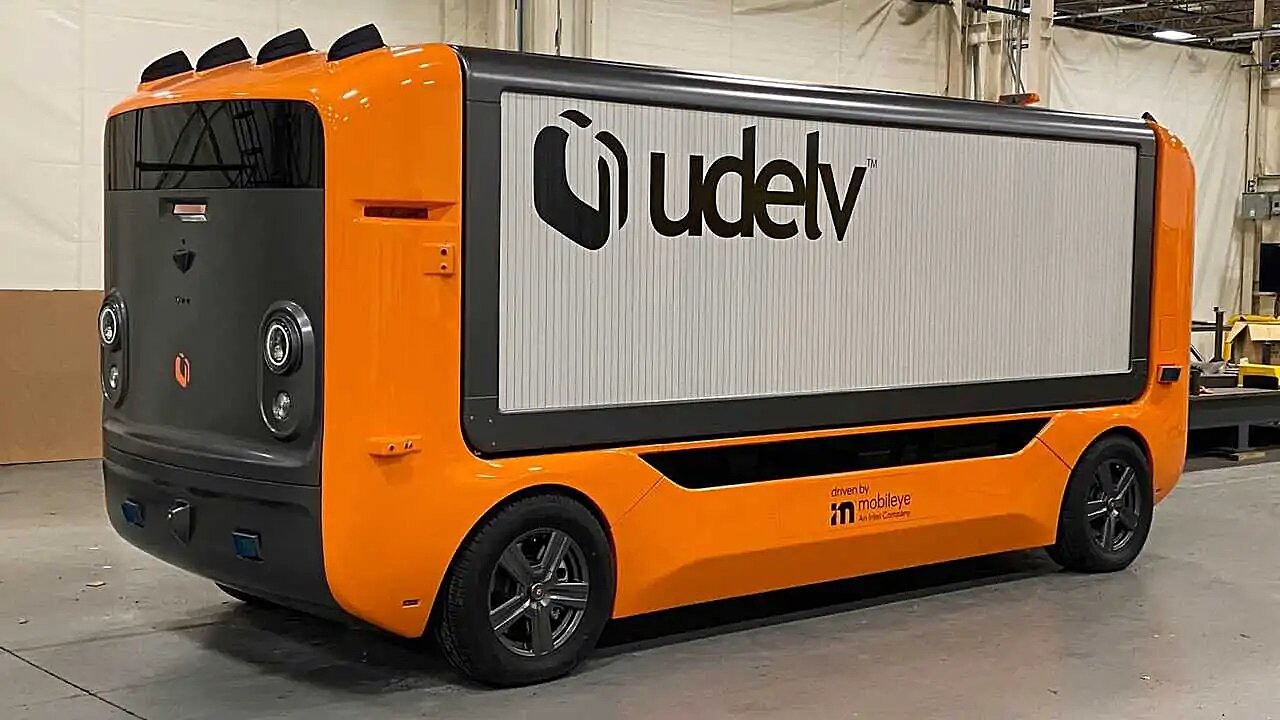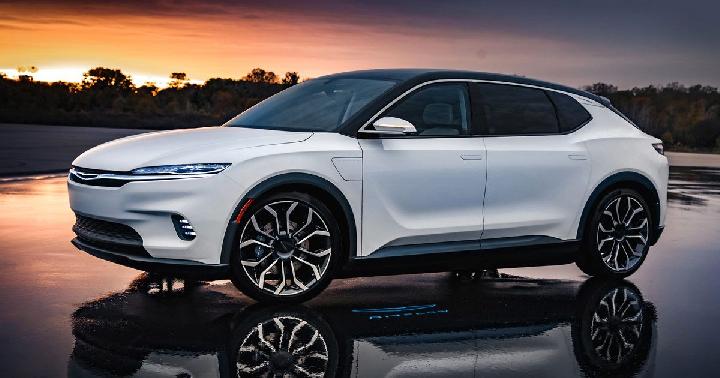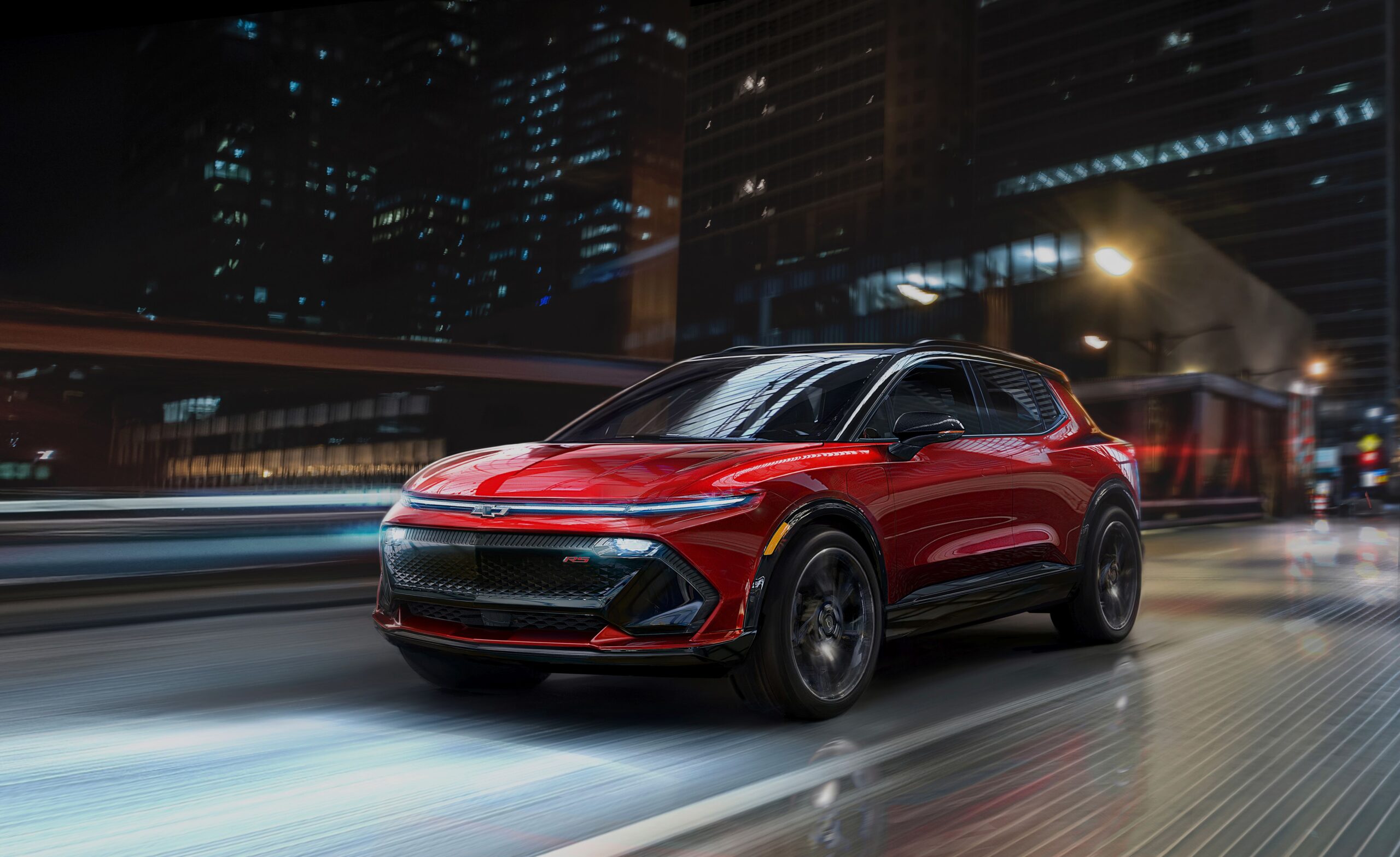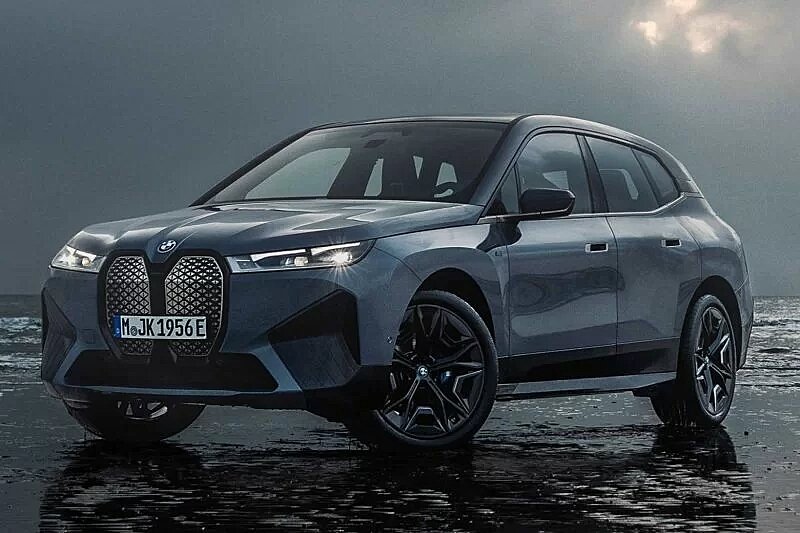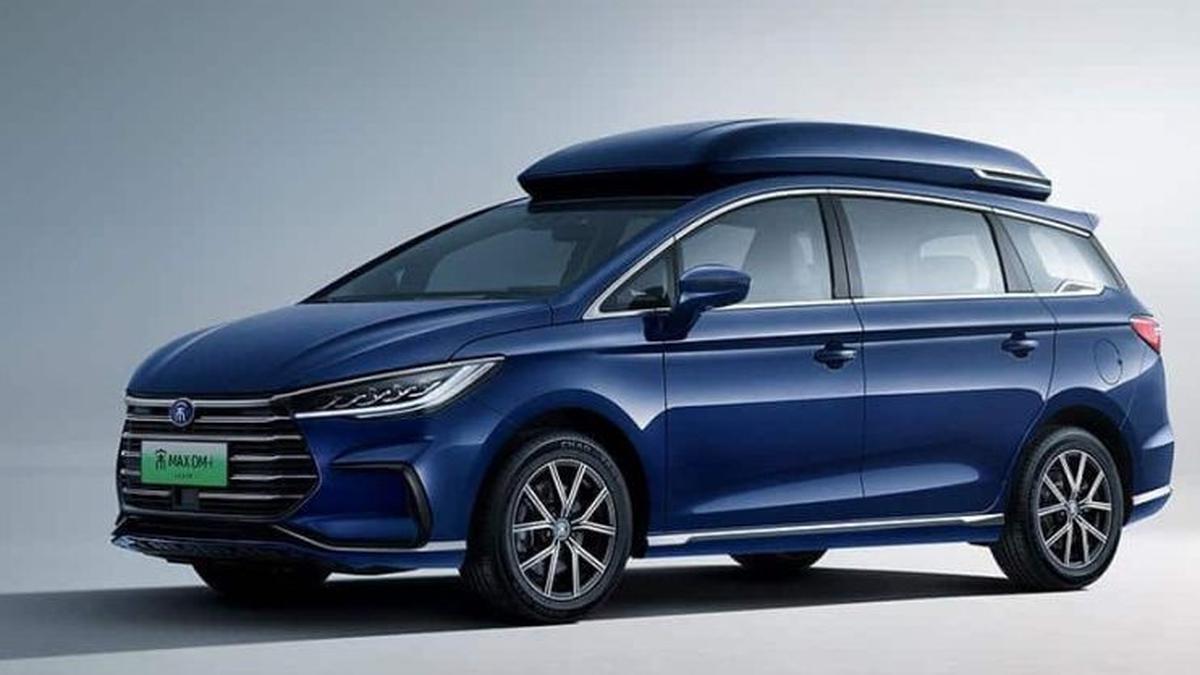Volvo Cars and Lumiar Technologies Inc. will launch a hands-free driving system called Ride Pilot which will be released first in California.
Reporting from TechCrunch and Inverse, Volvo plans to apply this technology to their latest electric SUV. Volvo will also offer a self-driving feature as a subscription upgrade to consumers once the vehicle has hit the road.
See also: Vinfast is ready to introduce Semi-Autonomous Level 2+ in their electric vehicles
Volvo’s Vice President of Strategy and Business Ownership Alexander Petrofski said during a press conference at the 2022 Consumer Electronics Show (CES) that the car will go on sale in 2023. Unfortunately, Volvo hasn’t set a date when the Ride Pilot will be available.
In contrast, Volvo says the Ride Pilot will not be activated for customers until it has undergone strict verification and testing protocols.
The company said it wants to start testing the Ride Pilot later on pre-production vehicles this year in California, pending regulatory approval.
See also: Jetour X-1 Electric Car Concept offers Huawei’s Level 3 autonomous driving system
When production vehicles go into service next year, they will be standard with simpler driver safety technologies that will help collect data to validate Ride Pilot technology before release.
“I imagine we will direct some of our sales to California to get vehicle density to help collect data,” Petrofski said.
Volvo declined to say how much the subscription costs to upgrade to Ride Pilot.
See also: Volvo Developing Compact Electric SUV based on Geely’s SEA platform
“We believe most of our future revenue will come from software sales,” Petrofski said.
Luminar will provide what is known as a lidar sensor, a key part of the system that helps cars get three-dimensional road maps. The vehicle will also rely on five radar sensors, eight cameras and sixteen ultrasonic sensors, all tied together with software from Swedish company Zensact.

